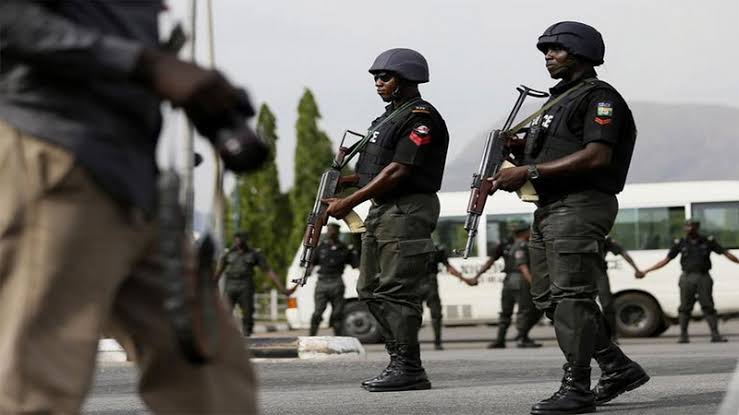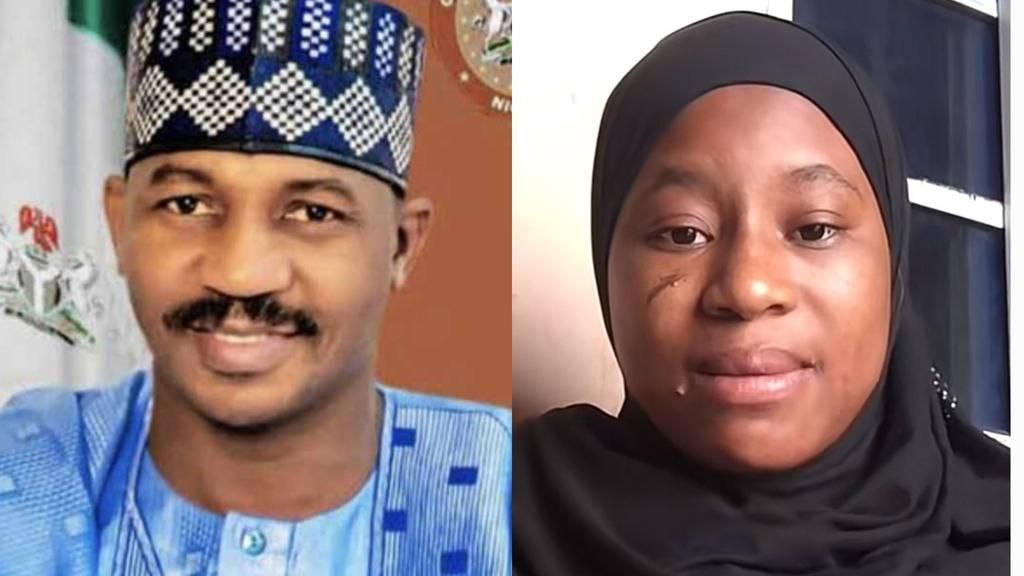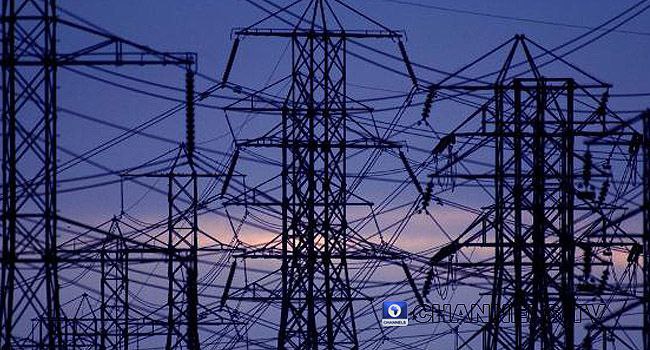In a recent courtroom incident, a minor fainted before their trial began, highlighting the severe emotional and physical toll that the justice process can take on young people, particularly those involved in protests or other forms of political expression. The minor was facing charges related to their participation in a protest, an act typically protected under the right to free speech and peaceful assembly. This event raises significant questions about the treatment of youth in the judicial system, especially in cases that involve peaceful dissent.
For many young people, protests represent a way to express their beliefs, demand change, and participate in civic engagement. However, the increasing criminalization of such actions places these youths in high-stress, high-stakes situations that they may not be fully equipped to handle emotionally or psychologically. When minors face harsh legal repercussions for participating in protests, it not only undermines their right to express themselves but can also have lasting impacts on their mental health and well-being.
The fainting incident serves as a stark reminder of the need for a fair and humane approach to youth who are involved in activism. Rather than being punished in a way that induces stress or fear, young people should be educated, guided, and supported in their pursuit of civic engagement.











